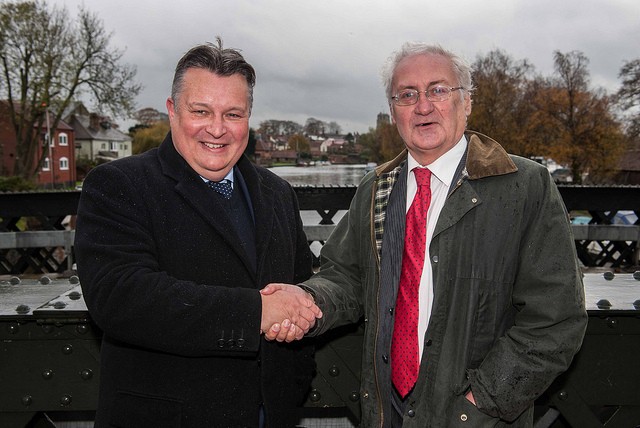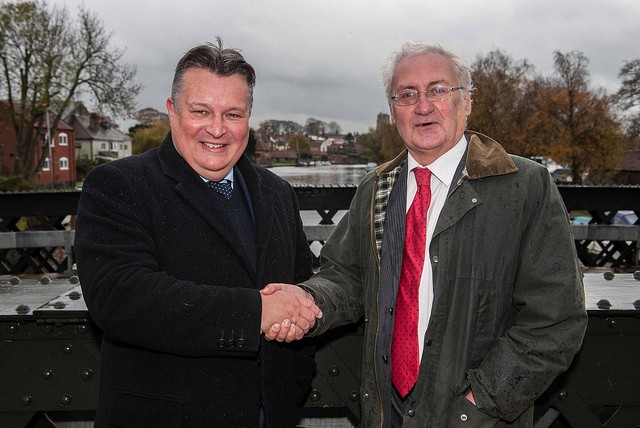Announcing Defra’s approval this week, Norfolk county council described its cross-border EfW agreement with Suffolk county council as a “landmark deal” which will enable both authorities to make savings of around £1 million.

Norfolk council said its saving would come from reduced landfill costs. The authority had been forced to consider alternative arrangements for the treatment of its residual waste after scrapping its £500 million EfW contract with Cory Wheelabrator in April (see letsrecycle.com story).
The deal approved by the government this week is described as ‘short term’, with Norfolk still seeking a long term outlet for the disposal of its residual waste beyond 2016.
Leader of Norfolk county council, George Nobbs, said: “When discussions first started it was a good deal and it is still a good deal now. It has been a pleasure to work with my fellow leader in Suffolk and set up this new and historic way of sharing services between our two counties.
“This deal demonstrates unequivocally that local authorities like us have the determination, the will, the ability and the maturity to share their services where such arrangements will bring mutual benefits. That is certainly the case with this agreement.”
Suffolk
Meanwhile, neighbouring Suffolk council said it stands to benefit from “economies of scale”, as sending more waste to the Great Blakenham plant will reduce the treatment cost per tonne.
The deal will also help to reduce Suffolk’s contract management costs. The council is required to work with EfW contractor SITA UK to identify alternative customers to provide waste to the Great Blakenham plant, which is currently under development, should it not be able to supply the required 170,000 tonnes of residual waste each year.
Under its 25-year residual waste treatment contract with SITA UK, worth up to £1 billion, Suffolk council is required to pay for the treatment of up to 170,000 tonnes of waste per year at the plant. The plant has a total capacity to treat 269,000 tonnes of waste per year.
Councillor Mark Bee, Suffolk county council’s leader, said: “We have always believed that our energy from waste facility is a good environmental solution for Suffolk and great for the tax payer.
“The contract will save £8m per year by stopping waste going into landfill in Suffolk, so I am delighted to add to that figure in a way that financially benefits both our councils. This honoured agreement is yet another way we’re working in close partnership with Norfolk, this deal is not only good news for both county councils, but for all those living in Norfolk and Suffolk.”
Norfolk
According to Norfolk council, the deal for around 40,000 tonnes of the county’s waste per year represents around 10% of the total amount of household waste produced in Norfolk – or 20% of its residual waste.
Currently, the majority of waste that will be processed at Great Blakenham from Norfolk under the deal is sent to the Aldeby landfill site near Beccles and originates from households in the North Norfolk and Great Yarmouth areas.
Under the new deal, however, this waste will be transported to the Suffolk EfW plant in eight heavy goods vehicles (HGVs) per day using ‘designated lorry routes across the two counties’ road networks’.











Subscribe for free